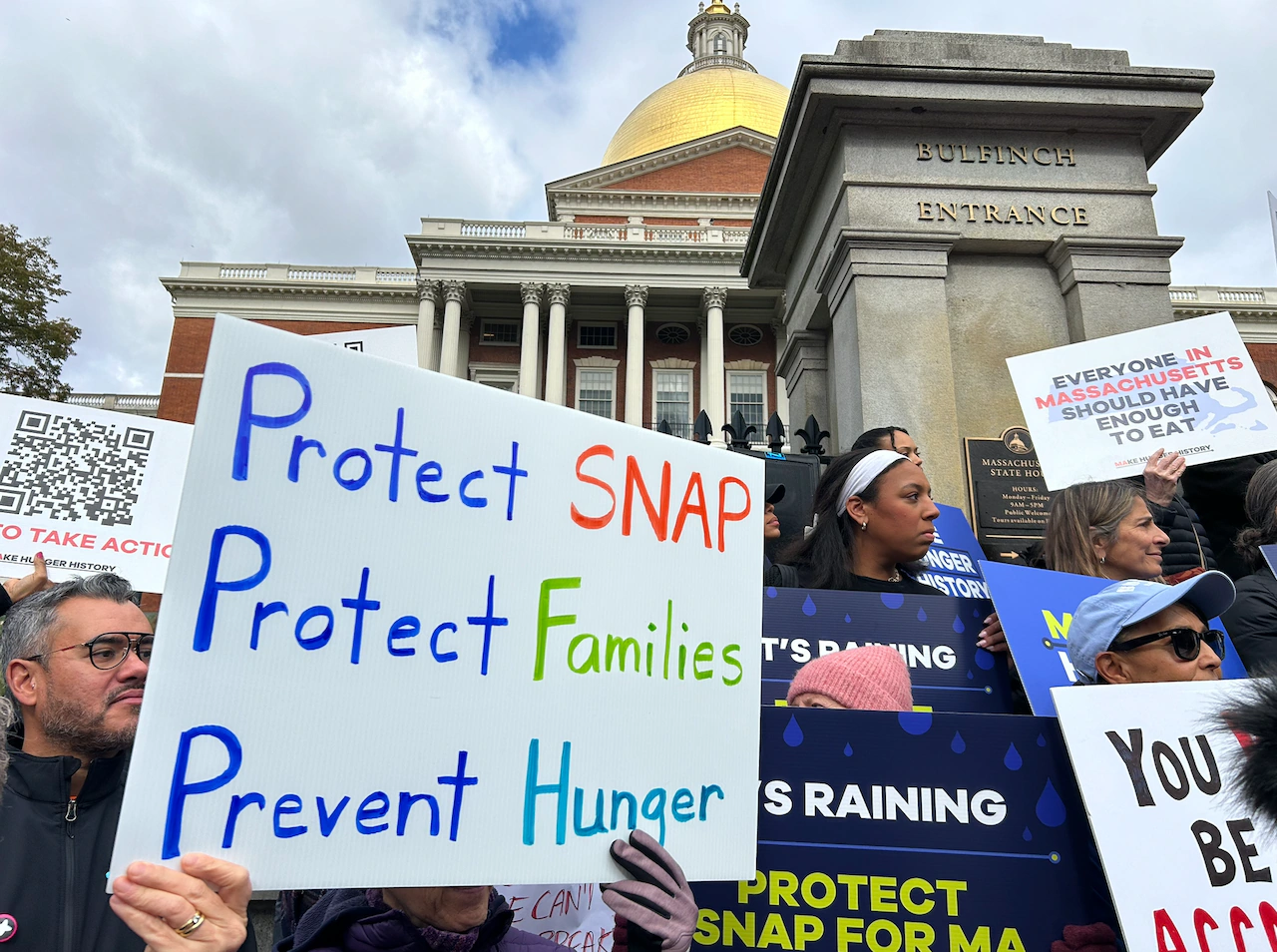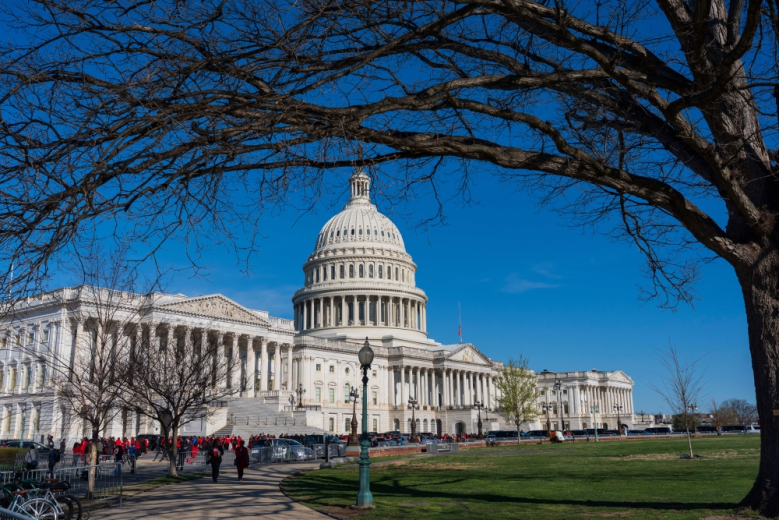Copyright AL.com

At the heart of the federal government shutdown, and the suspension of SNAP benefits, is a fight over health care coverage and costs. Democrats in Congress have refused to pass the Republican-sponsored bill to fund the government unless healthcare tax credits are extended, saying it’s an urgent issue that’s helped millions of Americans afford health care. And as the shutdown continues into its fourth week, the United States Department of Agriculture says it can’t fund food stamps next month, despite having a $6 billion contingency fund that could allow them to pay out partial benefits. “We are being put in a position where we are being forced to choose between health care and food and that is an unfair choice to put on the American people,” said Carol Gundlach, senior policy analyst at Alabama Arise, a nonprofit that advocates for policies to improve poverty in the state. “Congress is perfectly capable of solving both the health care, tax credit issue and the availability of food.” The enhanced tax credits being debated are available through the Affordable Care Act and are set to expire at the end of the year. Those credits made more people with higher incomes eligible for healthcare subsidies and covered more costs. Since they were first passed by the American Rescue Plan in 2021, the number of people with health insurance through the Affordable Care Act marketplace in Alabama has nearly tripled, helping to bring down the state’s uninsured rate. In 2020, 160,429 Alabamians were signed up for subsidized health insurance through the Affordable Care Act. By 2025, that number reached 477,838 people, according to KFF. That’s nearly 10% of the state’s population. If they aren’t extended, about 130,000 people in Alabama are expected to lose their coverage, and premiums for individuals enrolled in the ACA marketplace could rise by an average of 93%, according to KFF, a health policy research nonprofit. Republicans say the issue doesn’t need to be litigated in the funding bill, and can wait to the end of the year. U.S. Sen. Katie Britt (R-AL), called the tax credit program ‘deeply flawed’ and suggested Democrats should not be ‘holding the government hostage’ over the issue. “The program was deeply flawed from the beginning, and it makes no sense to continue to allow the most wealthy among us to access these credits, which is exactly what the Democrats are fighting for,” Britt’s office said in a statement to AL.com “Now, Democrats have shut down the government over a mess they created, and because Republicans refused to cave to their $1.5 trillion partisan wish list. I want to see Alabamians in need receive quality healthcare, and do not believe holding the government hostage is conducive to having important conversations.” But Democrats in the state maintain that they cannot vote on the current funding bill because of what’s at stake for health care in the state. “Families in Alabama and across the country are at risk of losing their healthcare, and healthcare costs for millions of Americans will skyrocket if the Affordable Care Act premium subsidies are allowed to expire,” United States Rep. Shomar Figures (D-AL 2) said in a statement posted to X. “More hospitals are at risk of closing in our rural communities, and costs for everyday people keep rising. Our families and neighbors deserve better than this chaos. Republicans should join Democrats to negotiate in good faith and do what’s best for Alabama and America,” Figures said. The Alabama Hospital Association echoed Figures’ concerns. “If the ACA Enhanced Premium Tax Credits are not extended, we anticipate the state’s uninsured population could increase by more than 100,000, as working Alabamians will likely be unable to afford health coverage without premium assistance. Hospital emergency departments will become the only place they can turn for medical care,” said Danne Howard, director of the Alabama Hospital Association. So long as the standstill continues, more than 750,000 Alabamians will lose their food assistance in November. According to the Alabama Department of Human Resources, the USDA issued guidance that told them SNAP benefits, commonly known food stamps, would be suspended effective Nov. 1 until federal funding is provided or until states are directed otherwise. “SNAP benefits are 100% federally funded; therefore USDA (FNS) controls the issuance of these benefits on EBT cards,” said Alabama DHR Commissioner Nancy Buckner. “We know SNAP benefits are vitally important to the more than 750,000 Alabamians who depend on the more than $140 million in support each month. Alabama DHR, along with many others, hopes Congress will come to a quick resolution on the federal government shutdown.” On Friday, the United States Department of Agriculture announced they will not use their contingency fund to pay for SNAP in November. The fund has about $6 billion in it, while it costs about $8 billion a month to administer the food assistance program, according to the Center on Budget and Policy Priorities. “The contingency fund is not available to support FY 2026 regular benefits, because the appropriation for regular benefits no longer exists,” a USDA letter obtained by USA Today read. According to national outlets, after the government shutdown on Oct. 1, USDA said they had enough funds to cover state administrative expenses during a federal government shutdown, which is what was done during shutdowns in 2018 and 2019. However, the page detailing that plan was removed from the USDA’s website. About 25 states are suing the Trump administration to release the contingency funds, arguing that the federal government has a legal obligation to maintain funding for food stamps. Alabama is not one of those states, and the Alabama Attorney General’s Office did not respond to a request from AL.com about whether they would join the lawsuit. “The USDA is using SNAP as a bargaining chip in the debate over the federal budget,” Gundlach wrote in a recent post. “Withholding these benefits will increase hunger and hardship across our state. It also could be financially devastating for grocery stores and other retailers, especially those serving large numbers of SNAP participants.”



